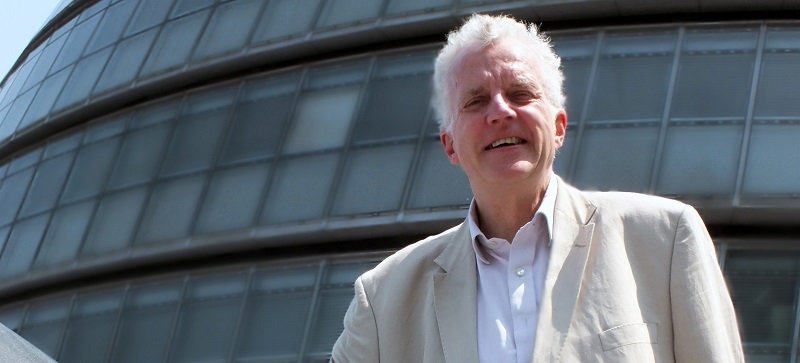It is scarcely believable that Metronet has yet again been responsible for major bungles on the Tube which led to an engineering overrun on Monday and damage to the track which closed down part of the Victoria Line on Tuesday. The recent list, ranging from failing to stress rails in readiness for the summer to closing down a section of line during the Easter break only to fail to carry out any work, seems to get longer every day. What is wrong with the company that is responsible for maintenance on two-thirds of the Underground under Public Private Partnership deal which was foisted on Ken Livingstone and the rest of us Londoners by Gordon Brown?
The easy excuse would be to say that the whole idea of the PPP was a mistake because the contract is so complicated and difficult to monitor. But the malaise within Metronet goes far deeper as demonstrated by the relative lack of such incidents caused by the other infrastructure company, Tube Lines (although the damage on Tuesday was apparently caused by its engineering train running on Metronet tracks).
Metronet, which is a consortium of five supposedly ‘world class’ companies including WS Atkins and Balfour Beatty took a couple of years to work out how to run the contract, initially having a complex structure that delayed many of its projects. Last year, Metronet sacked its chief executive, John Weight and replaced him with a troubleshooter, Andrew Lezala who has begun to sort out the structure of the company but does not seem to have managed to stemmed the flow of errors. He claims that engineering overruns have been reduced by 25 per cent, yet they are still far too frequent, causing delays to early morning commuters.
The key failure seems to be in planning. The task of working within very tight time limits – just five hours a night or about 50 hours during a weekend closure – is very demanding and Metronet do not seem yet to have learnt to get it right.
A sure sign of Metronet’s failings is the string of press releases on insignificant matters churned out by its press office. The latest was for ‘young lighter’ of the year for an obscure piece of research on lighting published a few days after commuters on a train had been left in the dark because of the failure of an emergency battery.
Believe it or not, Metronet seems to be getting better. It is catching up with the investment programme in stations that had fallen behind and the company is carrying out more work on the tracks. However, it started from a very low base and the performance targets set within the contract have a low threshold that allows the company to make big profits without really delivering many improvements. With the PPP costing taxpayers £1bn per year, Londoners are entitled to expect these ‘world class’ companies to deliver a better service. Unfortunately, as the PPP is a 30 year contract, rescinding it is not a realistic option for Transport for London.
